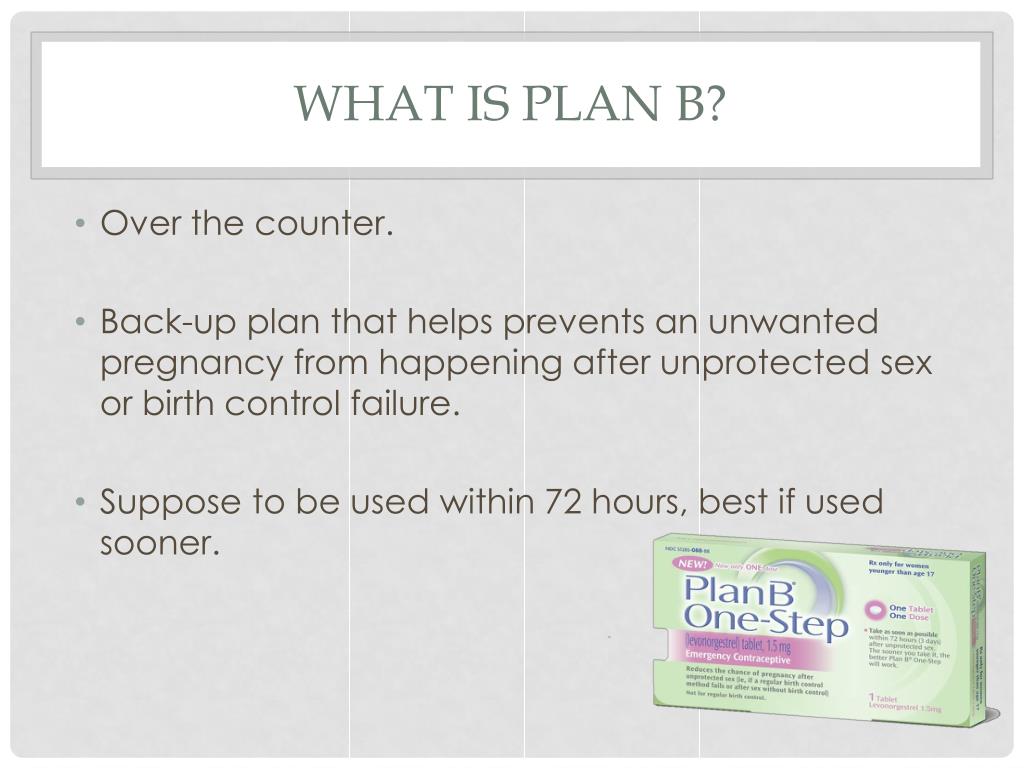
more than 3 hours late from the usual time of intake of the progestogen-only pill (minipill), or more than 27 hours after the previous pill. 3 or more consecutively missed combined oral contraceptive pills or 3 days late during the first week of the cycle. condom breakage, slippage, or incorrect use. When there is concern of possible contraceptive failure, from improper or incorrect use, such as:. Sexual assault when the woman was not protected by an effective contraceptive method. In what situations can emergency contraception be used?Įmergency contraception can be used in a number of situations following sexual intercourse. Eligibility criteria for general use of a copper IUD also apply for use of a copper IUD for emergency purposes. There are no age limits for the use of emergency contraception. There are no absolute medical contraindications to the use of emergency contraception. Who can use emergency contraception?Īny woman or girl of reproductive age may need emergency contraception to avoid an unwanted pregnancy. Emergency contraception cannot interrupt an established pregnancy or harm a developing embryo. The copper-bearing IUD prevents fertilization by causing a chemical change in sperm and egg before they meet. Mode of actionĮmergency contraceptive pills prevent pregnancy by preventing or delaying ovulation and they do not induce an abortion. These are recommended for use within 5 days but are more effective the sooner they are used after the act of intercourse. 
Emergency contraception refers to methods of contraception that can be used to prevent pregnancy after sexual intercourse.






